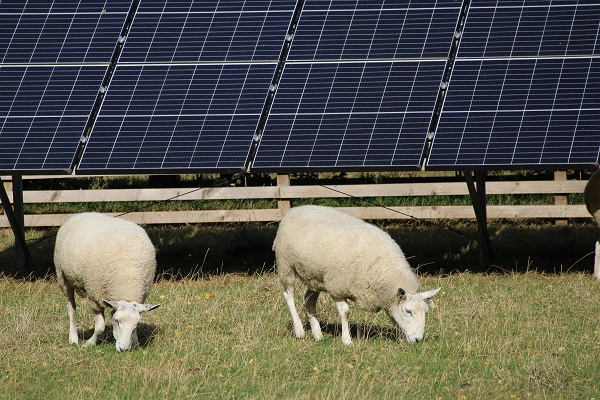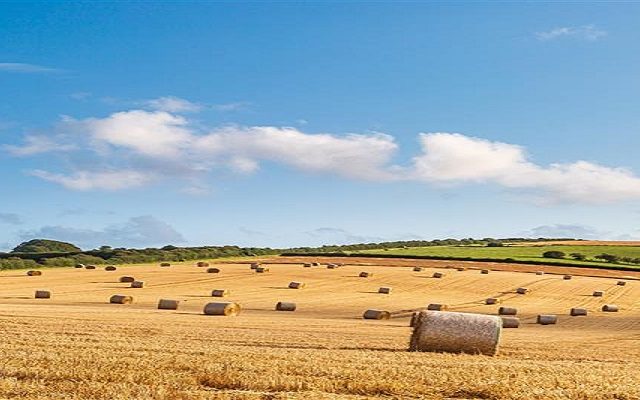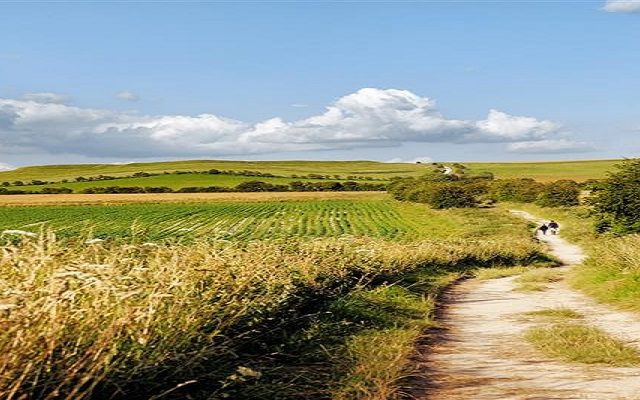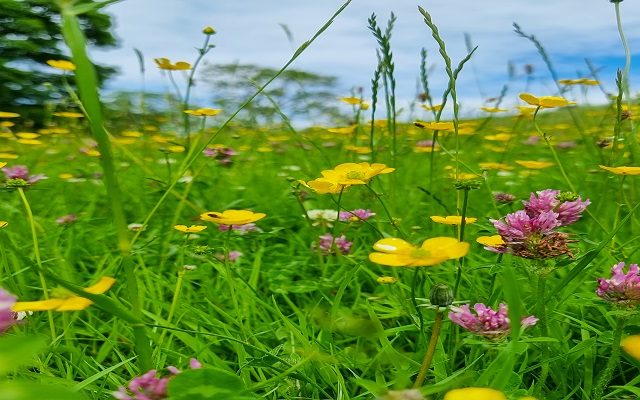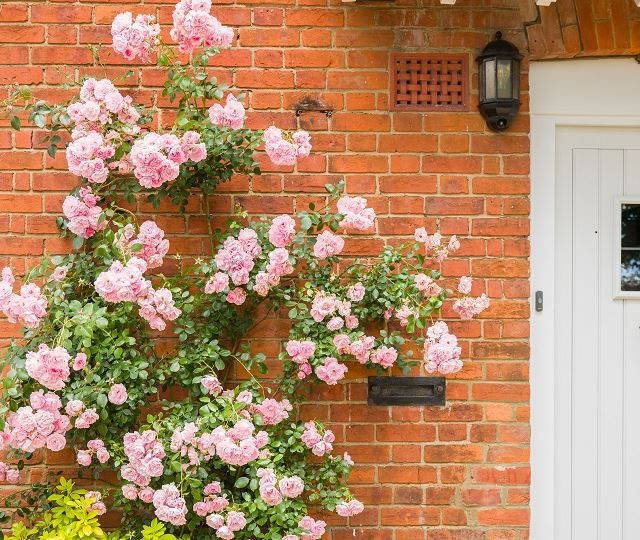Is a Land Use Commission for England on the cards?
Multiple calls have been made over the past five years for a more strategic approach to land use in England.
What we want from land is becoming increasingly complex. As a society, we want land to produce food, for housing and infrastructure, to generate energy, sequester carbon, restore biodiversity, and provide opportunities for public access and well-being. Yet despite a plethora of government targets – and the best of intentions – achieving these multiple objectives by reconciling competing demands on land use is proving a struggle.
The difficulty is that land use involves the rights and views of a large number of different stakeholders, not least landowners and managers. Discussions can quickly become an argument about different land uses versus others and become confrontational. For example, food production versus tree planting versus solar farms and energy.
There are numerous statistics on land, its use and the environment in the UK and it can sometimes be difficult to ‘see the wood from the trees’. We think that key ones are:
1. UK self-sufficiency in food that is consumed by people, not animals, is falling. The UK is only 23% self-sufficient in fruit and vegetables. Many places that food is imported from are subject to political risks, significant environmental degradation or climate change risks.
2. The UK imports the majority of the timber it uses, another risk, so supporting domestic production is important.
3. The UK is one of the most nature-depleted countries in the developed world. This is a significant risk to future food production, a poor legacy to leave future generations and unfair to biodiversity itself.
4. The UK is highly reliant on imported energy, mainly gas, a risk in terms of energy security and the cost of living, but has had a moratorium on new wind farms in England until recently. If solar is scaled up in line with the UK’s net zero target it would cover around 0.5% of the UK farmed area, less than the area covered by golf courses.
In December 2022, a House of Lords select committee – the Land Use in England Committee – published a report, Making the most of England’s Land, on how to square the circle when it comes to land use. It concluded that there was a ‘compelling’ case for the creation of a Land Use Commission, which could be tasked with enabling the development of a land use framework to help landowners, managers and other decision makers to make the most appropriate decisions for land.
While there is nothing like this in England now, there is a precedent. Scotland has had a land use strategy since 2011, with a Scottish Land Commission established in 2017 to provide advice and guidance on strategic land use issues.
Several organisations including The Royal Society; Food, Farming & Countryside Commission; and Campaign to Protect Rural England have all also made calls for the implementation of a land use framework. That said, it is not a universally popular idea. For example, the CLA argues that any framework could become too prescriptive, potentially stifling farming and environmental innovation.
The government has already committed, in last year’s Food Strategy document, to creating a land use framework, although it is not yet clear how ambitious it will be in its scope. Whether it is minded to introduce a land commission too, may become clearer when it responds to the Making the most of England’s Land report shortly.
However, it does seem clear to us that we have to find ways for the trade-offs and conflicts between different land uses to be considered and discussed more effectively. Otherwise, the outcome will be an ad-hoc patchwork of different land uses, which will be highly unlikely to deliver many, if any, of the desired outcomes.
For more details on the recommendations of the Making the most of England’s Land report download our briefing note.
